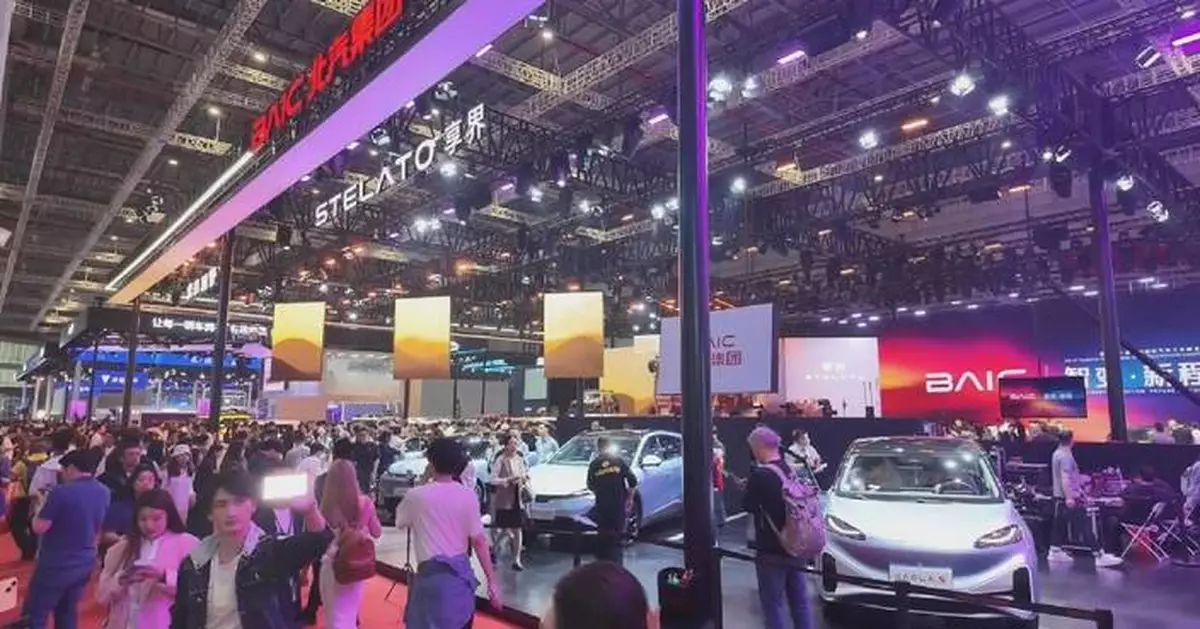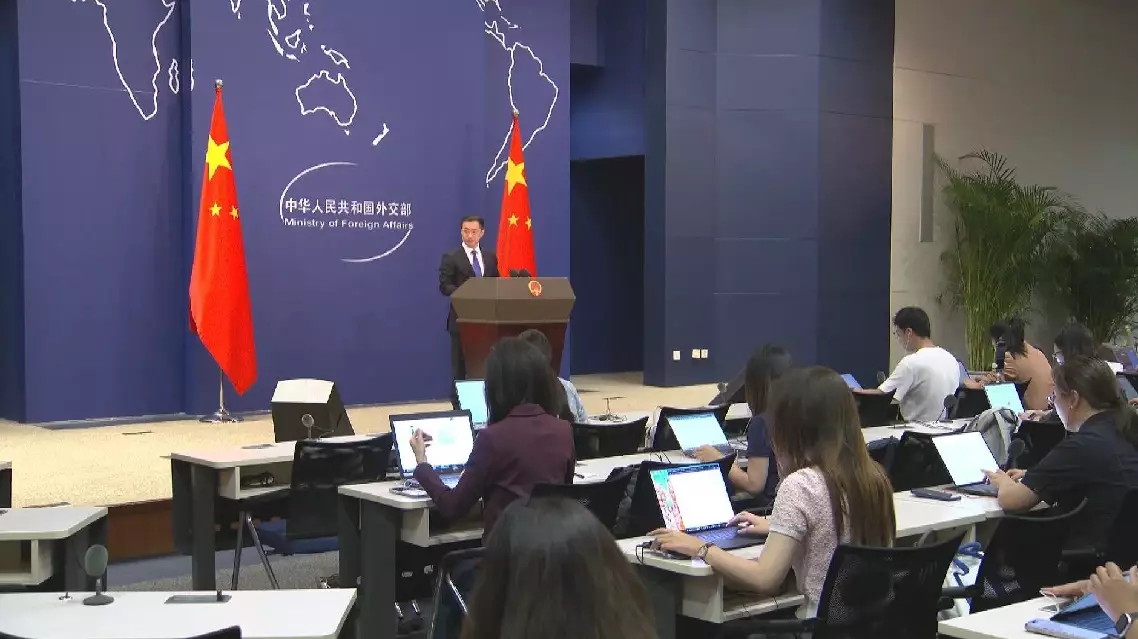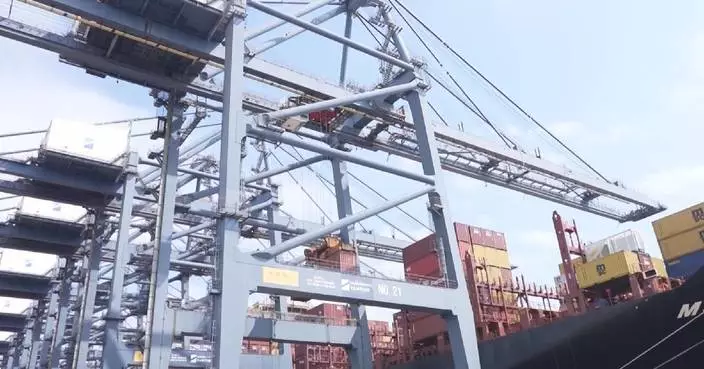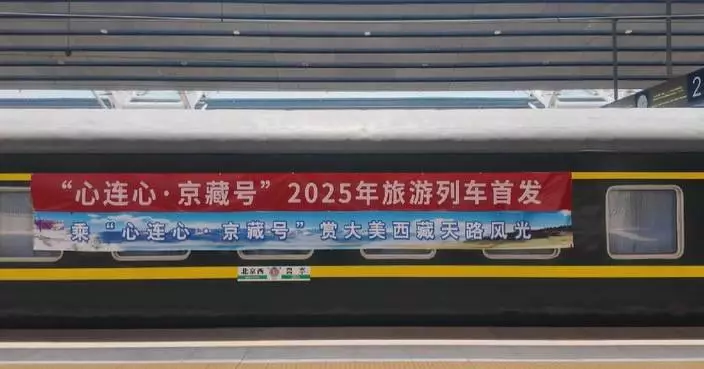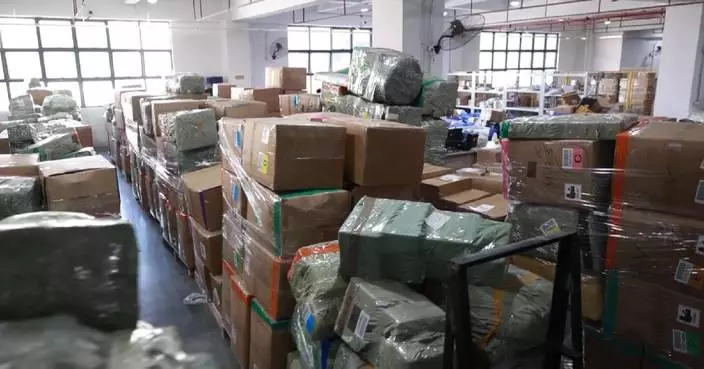Major automakers from around the world are showcasing their advances in electrification at the 2025 Shanghai Auto Show, including new electric vehicles (NEVs) from international brands that target the Chinese market.
The 10-day auto show began Wednesday and has attracted nearly 1,000 automakers and supply chain enterprises from 26 countries and regions, making it the largest edition in the event's history.
Large Chinese automaker groups, like GAC Motor and BAIC Group, have been using the event as a platform to promote their newly consolidated strategies. Previously, sub-brands under these groups displayed their offerings in separate booths, but this time, both companies have brought their sub-brands together in unified exhibition areas.
"We carry out integrated operations for our own brands, with each of the three brands having distinct characteristics under unified guidance. This allows us to further tap into potential in areas such as resource procurement, marketing investment, resource sharing, and efficiency improvement," said Feng Xingya, General Manager of GAC Group.
Deepening electrification is a shared goal among all participating brands, with many multinational automakers taking steps to expand their NEV portfolios.
"We want to catch up with the NEVs with the new models to come. By 2027 we will bring over 40 new models to the market and 20 of them are new electric vehicles," said Oliver Blume, CEO of Volkswagen.
Meanwhile, Audi has begun to launch new energy electric vehicles specifically tailored for the Chinese market, going so far as to rebrand in China as AUDI, using the four capital letters in place of the brand's iconic four rings.
"We see also the strong transition to electrification, but we will introduce, with our partner FAW, the Q6L and the A6L, each model as new energy vehicles, and will, with the 'four letter brand' (AUDI), bring three new energy vehicles in the next three years to the market," said Gernot Dollner, CEO of Audi AG.
BMW sold over 100,000 electric vehicles in China last year and plans to increase its investment in the Chinese market moving forward.
"This will bring our competence to a completely new level in terms of range and also the cost effectiveness of participating in this industry. And by the way, we do that also with Chinese partners," said Oliver Zipse, CEO of BMW and chairman of its board of management.
China's automotive and supply chain companies are also making significant strides in electrification.
Contemporary Amperex Technology (CATL) has recently launched the world's first mass-produced sodium-ion battery for automotive use.
Meanwhile, BYD has made global headlines this year with its advancements in battery technology.
"Electrification saw all-out breakthroughs this year compared to previous years, including in our batteries, 30,000-rpm motors, and silicon carbide-related chips," said Li Yunfei, BYD's General Manager of Brand and Public Relations Division.
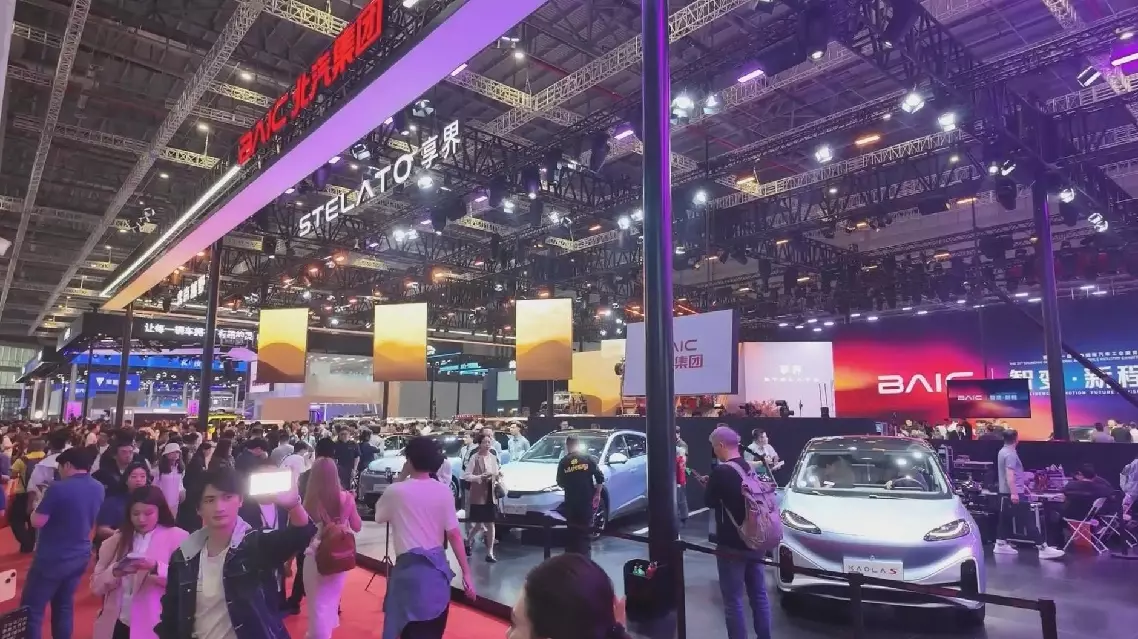
Shanghai Auto Show highlights electrification, Chinese brands' consolidation


